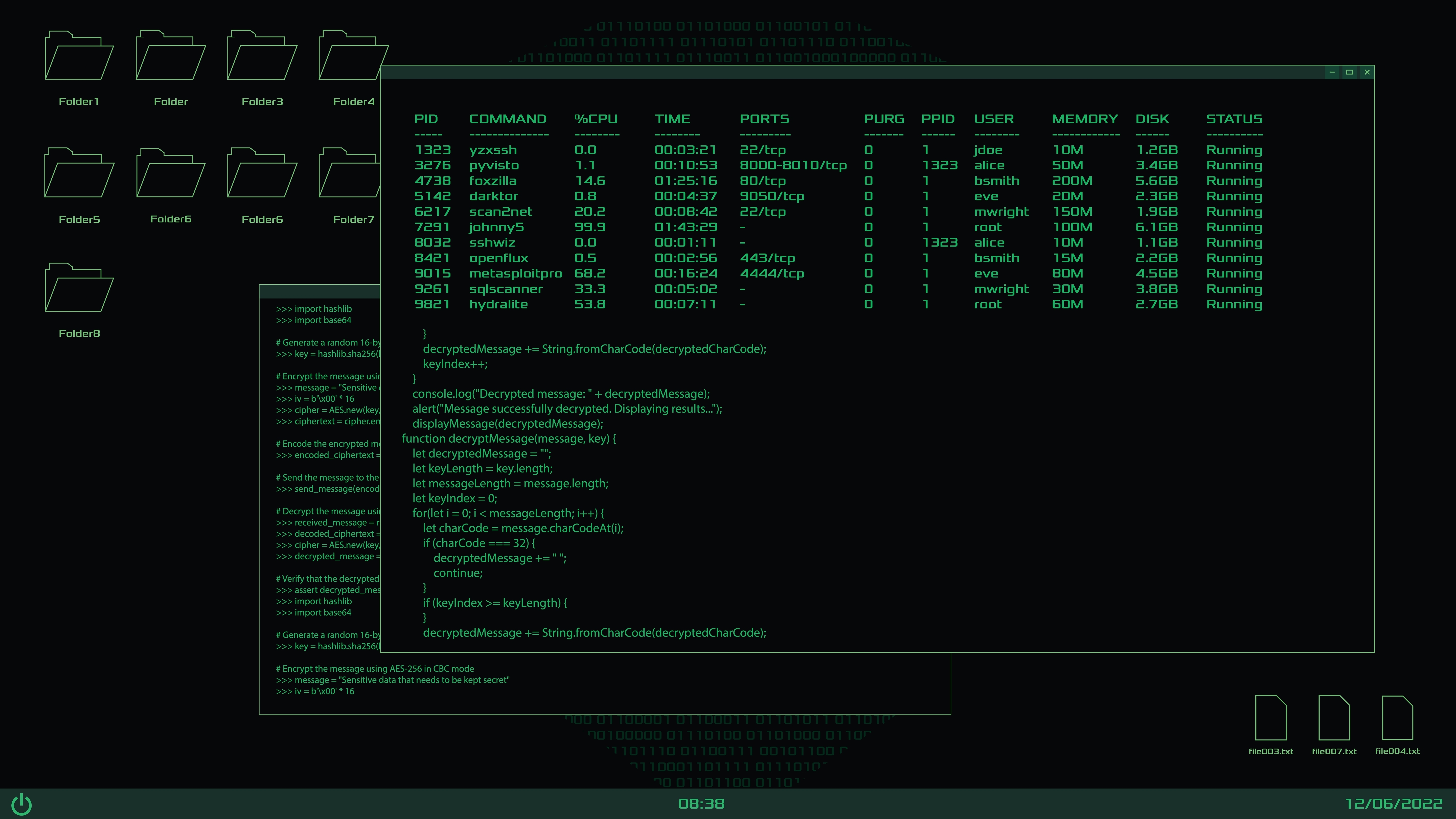Public relations function as a strategic asset for organizations aiming to foster and sustain positive relationships with their stakeholders. The true value of PR reveals itself most clearly during crises.
When faced with unexpected challenges, organizations must adeptly navigate a complex landscape of public opinion, media scrutiny, and potential regulatory consequences. Effective PR can determine whether an organization experiences a swift recovery or endures prolonged reputational damage.
In crisis management, PR assumes a pivotal role. Developing a well-thought-out crisis communication plan, maintaining transparency and honesty, effectively utilizing social media, managing media relations, and engaging with stakeholders are all essential for navigating crises and minimizing reputational damage.
PR Overview
The Importance of Proactive Crisis Planning
Effective PR strategies are meticulously planned and executed in advance. A comprehensive crisis communication plan outlines the steps an organization should take to respond to various crises. This plan should include key messages—clear and concise statements addressing the crisis and its impact.
Communication channels, such as press releases, social media, and website updates, should be clearly defined. A detailed delineation of roles and responsibilities during a crisis is crucial, necessitating a designated crisis communication team. Such preparedness ensures swift and effective responses when crises occur.
The Importance of Transparency and Honesty
Transparency and honesty remain critical elements of effective crisis communication. During a crisis, organizations must be open and upfront about the situation. Denying or downplaying the severity of a crisis can exacerbate the issue.
Maintaining transparency and honesty helps build trust with stakeholders and demonstrates accountability, which can mitigate reputational damage and facilitate a quicker recovery.
Social media has become an indispensable tool for crisis communication. Organizations can leverage social media to disseminate information, address concerns, and engage with stakeholders during a crisis. However, careful and thoughtful use of social media is crucial, as a single misstep can quickly escalate the situation.
Responsiveness, empathy, and consistency are vital when utilizing social media in a crisis. Being prepared to address negative comments and criticism is also essential.
The Importance of Media Relations
Effective media relations are central to crisis management. Building strong relationships with journalists ensures that messages are accurately reported and disseminated.
Proactivity and transparency with the media are crucial during a crisis. Organizations should be ready to answer questions honestly and candidly, avoiding speculative or misleading statements.
The Role of Stakeholder Engagement
Stakeholder engagement represents another critical component of crisis management. During a crisis, organizations must communicate with a broad range of stakeholders, including employees, customers, investors, and the general public.
Engaging with stakeholders demonstrates a commitment to addressing their concerns. This proactive communication can help build trust and mitigate reputational damage.
Crisis Communications for Beauty Brands
When a beauty brand faces a crisis, the clock starts ticking immediately. Whether it's a...
How PR Shapes Trust in a Post-Hype Blockchain Era
The blockchain industry has weathered multiple storms—from spectacular exchange collapses to...
The Intersection of Corporate Communications and Cybersecurity Messaging
When a cybersecurity incident strikes, the technical breach is only half the battle. The other...




